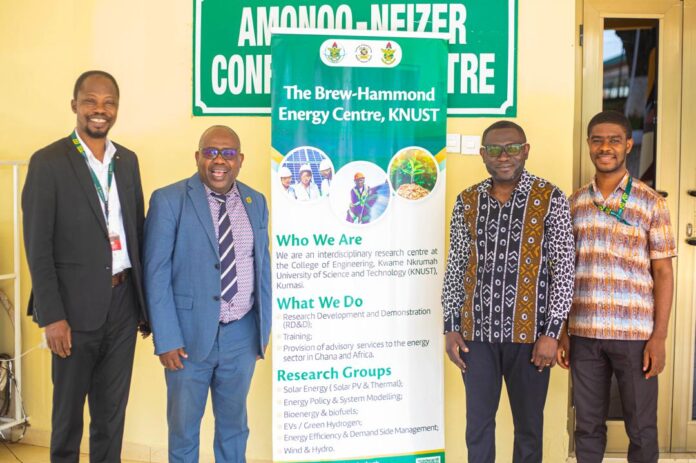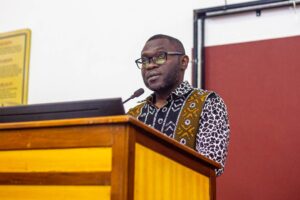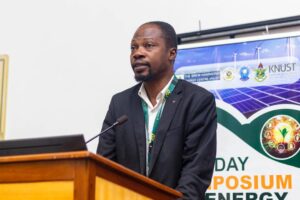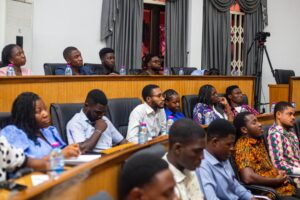Experts at the Kwame Nkrumah University of Science and Technology (KNUST), Kumasi are calling for increased investment in renewable energy and meteorological research to help address Ghana’s persistent energy challenges.
Speaking at a one-day symposium on Energy Meteorology held at the IDL Conference Centre, the experts highlighted the country’s overreliance on hydroelectric power and the need to diversify energy sources.
Head of the Department of Meteorology and Climate Science at KNUST, Prof. Emmanuel Quansah, stressed the importance of investing in meteorological institutions to equip them with the tools needed to provide accurate weather data for energy planning.
“Currently in Ghana, we rely heavily on hydro, but it has become evident over the years that it cannot meet our energy demands. The government is exploring alternative energy sources, and the way forward is renewable energy,” he said.
He explained that sources such as solar and wind are climate dependent, making meteorological data essential for effective energy planning. “This symposium is meant to highlight the link between climate, weather, and energy, and to involve academia, industry, and the media in understanding this relationship,” he said.
The event, organised and funded by the Brew-Hammond Energy Centre, was held under the theme “Harnessing Meteorological Science for Low-Carbon Energy Solutions.”
Director of the Brew-Hammond Energy Centre, Professor David Ato Quansah, also stressed the importance of accurate data in renewable energy deployment.
“How can you effectively deploy solar solutions when you don’t know how much solar energy is available?” he asked. “The sun’s energy fluctuates daily and even hourly. To pursue low-carbon energy solutions, understanding the availability of resources like the sun, wind, and biomass is essential. You can’t design effective systems without that knowledge; this is where meteorology becomes critical.”
He called for stronger collaboration between energy and meteorological experts, along with more investment in research and capacity building to support the transition to a sustainable, low-carbon energy future.






